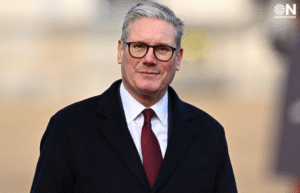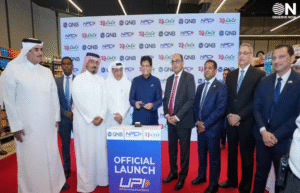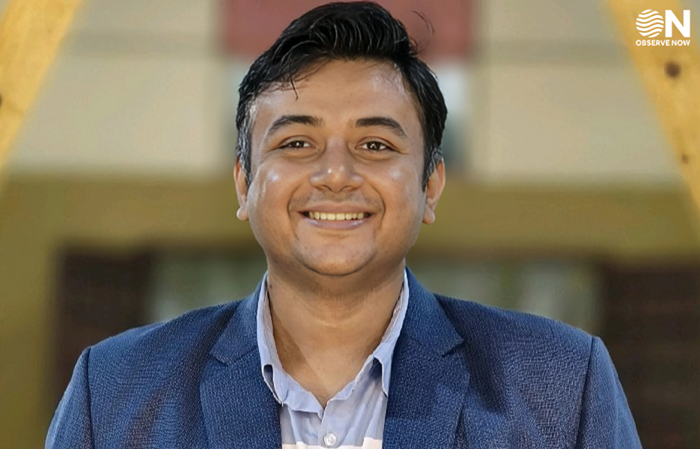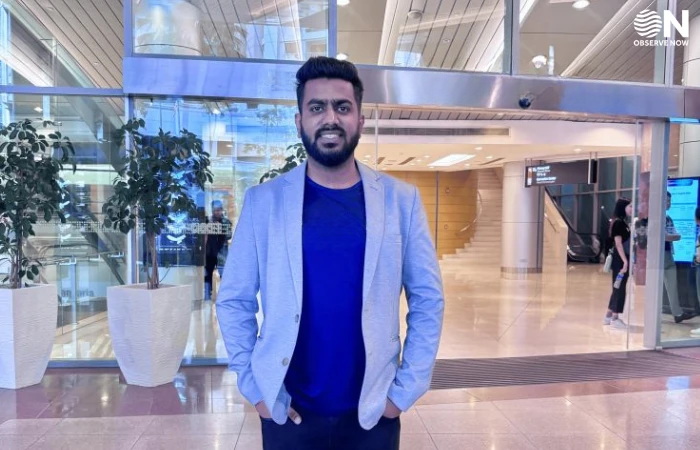5 Soft Skills That Will Matter Most in an AI-Driven World
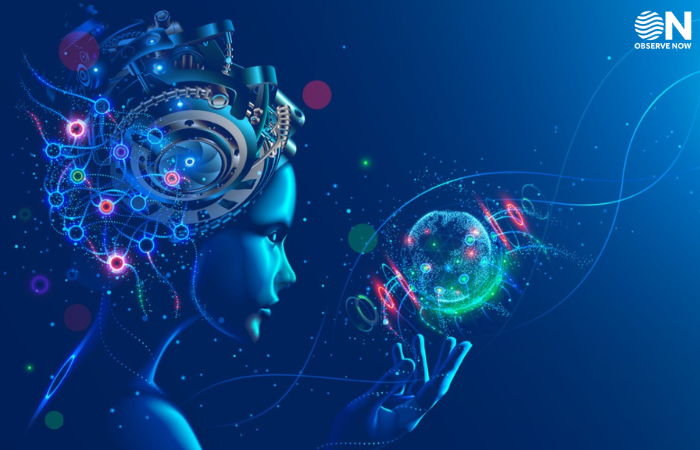
As Artificial Intelligence continues to evolve from a technological advantage to an operational necessity, a crucial question confronts professionals across industries: What will the future workforce look like when machines can perform most routine tasks? While technical literacy remains essential, it is the soft skills—the uniquely human attributes—that will increasingly define who thrives in an AI-augmented world.
In India’s fast-digitising economy, where sectors from banking and education to manufacturing and healthcare are adopting AI-driven models, hiring managers are realigning their expectations. Recruiters are no longer looking just for coders or analysts; they want emotionally intelligent problem-solvers, adaptable communicators, and collaborative thinkers who can work alongside intelligent machines.
One of the most prized soft skills in this new paradigm is critical thinking. With generative AI tools now capable of churning out ideas and content, the ability to evaluate, challenge, and refine AI outputs has become vital. Indian IT giants like Infosys and Wipro have already included critical reasoning modules in their upskilling programs, training mid-level employees to ask better questions and challenge algorithmic bias.
Adaptability is another rising star. The pace of AI innovation is relentless—job descriptions are being rewritten every few months. For instance, Indian startups in fintech and retail are witnessing frequent shifts in team structures and work models as AI tools evolve. Companies like Razorpay are now actively assessing adaptability in their hiring process, often preferring dynamic learners over static domain experts.
Equally important is emotional intelligence. As AI handles logic and process, the human role becomes more about empathy, understanding, and interpersonal nuance—skills that machines cannot replicate. In sectors like customer service and healthcare, firms like Apollo Hospitals are training staff to combine AI diagnostic tools with emotional sensitivity in patient interactions.
Communication skills, both written and verbal, are being reimagined too. It’s no longer just about fluency—it’s about contextual clarity. Professionals need to translate complex AI insights into simple narratives for clients and colleagues. Global Capability Centres in Bengaluru and Hyderabad are increasingly investing in business communication coaching tailored for tech-heavy teams.
Lastly, collaboration is regaining prominence in hybrid, AI-augmented workspaces. As more organizations adopt AI agents for project management and decision support, human teams must learn to collaborate not just with each other, but also with machines. Tata Consultancy Services recently piloted an initiative where project teams include both human members and AI agents—emphasizing trust, transparency, and shared goals.
In an AI-driven world, it’s ironic yet apt that the most valuable assets are those that are deeply human. While machines are mastering efficiency, humans must lead with empathy, curiosity, and judgment. For India’s future workforce, the call is clear: the edge won’t lie in beating AI—it will lie in being meaningfully better at what AI cannot do.





